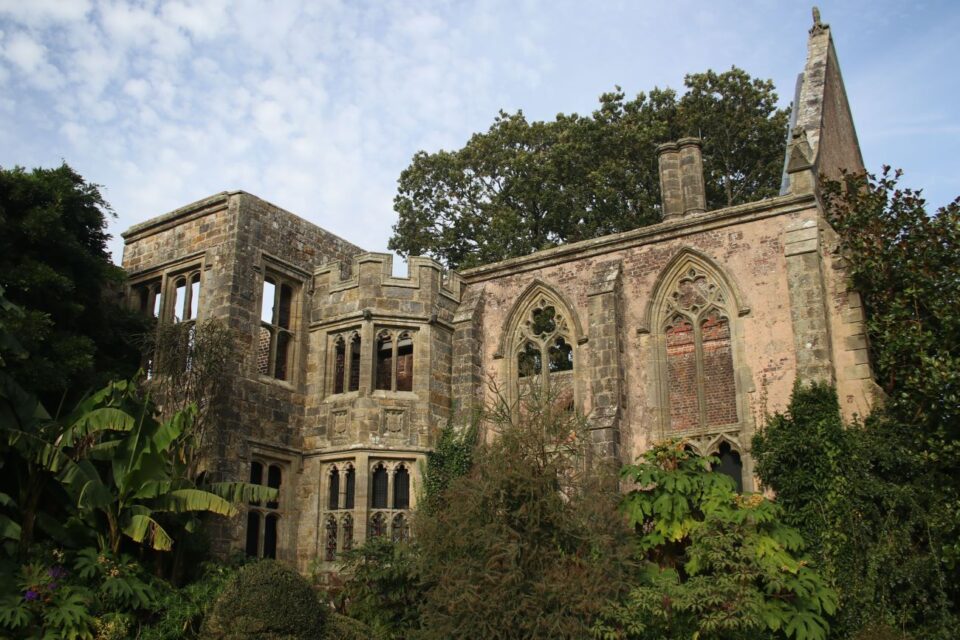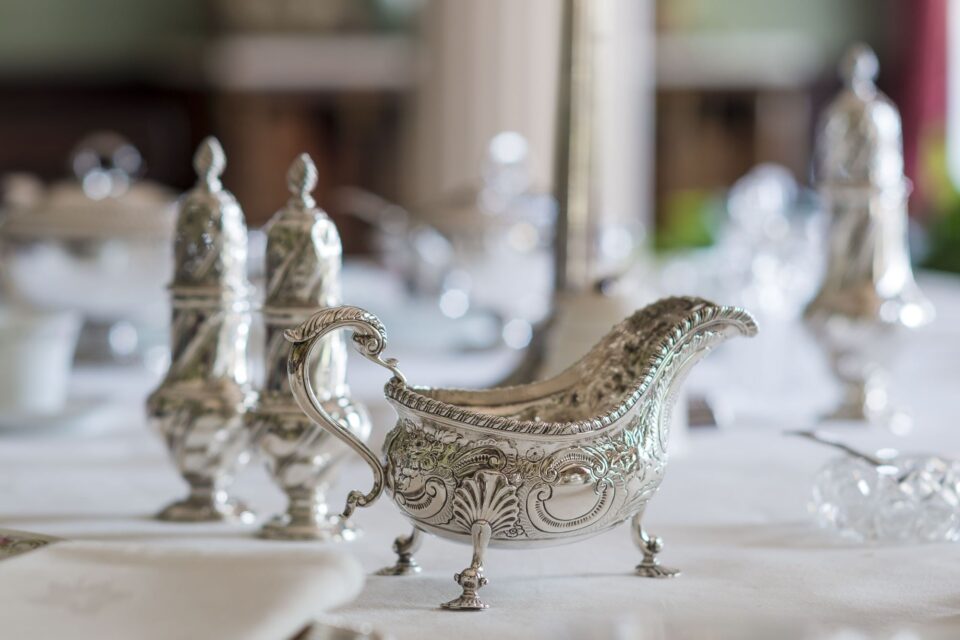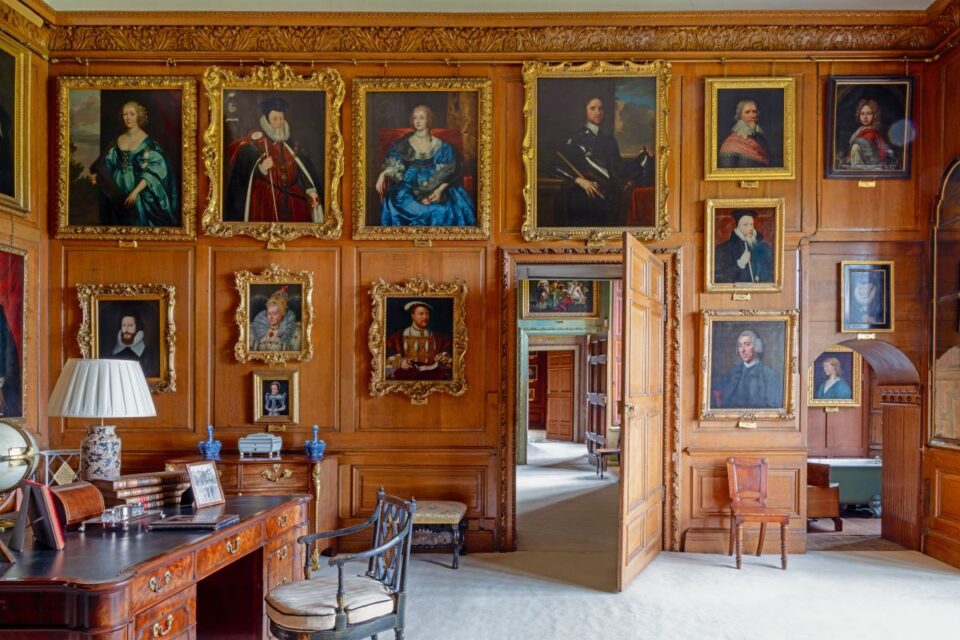
- This event has passed.
Zoom Rental | The Restoration of Bath’s Assembly Rooms with Connolly and Wellingham
April 25, 2024 - July 7, 2024
Preserving History: The Restoration of Bath’s Assembly Rooms
 Managed by the National Trust since 1931, the Assembly Rooms hold a special place in Bath’s history and culture, offering contemporary visitors an immersive experience into the Georgian era. Join Royal Oak as we hear from Connolly Wellingham Architects, the architectural design and conservation studio, appointed by the National Trust to assist with interior design and conservation of this significant showpiece, ahead of the Trust’s resumption of management of the site. The project will assess the feasibility of revealing currently hidden layers of historic fabric throughout the Assembly Rooms and seek to tell a wider, immersive story of Bath’s society heyday.
Managed by the National Trust since 1931, the Assembly Rooms hold a special place in Bath’s history and culture, offering contemporary visitors an immersive experience into the Georgian era. Join Royal Oak as we hear from Connolly Wellingham Architects, the architectural design and conservation studio, appointed by the National Trust to assist with interior design and conservation of this significant showpiece, ahead of the Trust’s resumption of management of the site. The project will assess the feasibility of revealing currently hidden layers of historic fabric throughout the Assembly Rooms and seek to tell a wider, immersive story of Bath’s society heyday.
Built during the Georgian era and designed by the esteemed architect John Wood the Younger, the Assembly Rooms have long been at the heart of fashionable society. Completed in 1771, these rooms were hailed as “the most noble and elegant” in the UK, hosting a vibrant array of social gatherings and events. The restoration project includes initiatives that promise to transform the Assembly Rooms into a true reflection of their Georgian heritage. Among these initiatives is the replacement of the modern staircases with a unique Georgian-inspired design. Additionally, the re-gilding of mirrors and marbling of columns will restore the room’s opulence and grandeur, while new front doors will welcome guests with a touch of splendor. Removal of infill and installation of new light wells will flood the area with natural light, recreating the original entrance experience. Also, upgrading to slimline double-glazed windows will ensure both preservation and comfort, allowing guests to enjoy the Assembly Rooms in all seasons. Join us as we delve into the restoration journey, combining historical preservation with modern innovation to breathe new life into this iconic Georgian landmark.
Fergus Connolly is from Lancashire and studied architecture at Glasgow School of Art and London Metropolitan University. Fergus undertook the SPAB’s Lethaby Scholarship in 2008 and was awarded first prize in the Georgian Group’s Architectural Drawing Competition (presented by HRH The Prince of Wales), later that year. From 2003-2006, Fergus worked for Martin Stancliffe Architects. In the role of Cathedral Surveyors, the practice undertook St. Paul’s Cathedral’s largest phase of repair and reordering since it’s completion in 1711. At FCBStudios, Fergus spent 8 years as church architect to Grade 1 listed Bath Abbey, and project architect for The Footprint Project. The project secured £10.5m of HLF support to repair and stabilise the collapsing Abbey floor. During his time at FCBS he also worked on Shrewsbury Flax Mill, Windsor Castle’s Visitor Masterplan and new conservation studio for the Royal Collection. He authored The Burrell Collection’s Statement of Significance. Fergus lectures and tutors across the UK on vernacular architecture.
is from Lancashire and studied architecture at Glasgow School of Art and London Metropolitan University. Fergus undertook the SPAB’s Lethaby Scholarship in 2008 and was awarded first prize in the Georgian Group’s Architectural Drawing Competition (presented by HRH The Prince of Wales), later that year. From 2003-2006, Fergus worked for Martin Stancliffe Architects. In the role of Cathedral Surveyors, the practice undertook St. Paul’s Cathedral’s largest phase of repair and reordering since it’s completion in 1711. At FCBStudios, Fergus spent 8 years as church architect to Grade 1 listed Bath Abbey, and project architect for The Footprint Project. The project secured £10.5m of HLF support to repair and stabilise the collapsing Abbey floor. During his time at FCBS he also worked on Shrewsbury Flax Mill, Windsor Castle’s Visitor Masterplan and new conservation studio for the Royal Collection. He authored The Burrell Collection’s Statement of Significance. Fergus lectures and tutors across the UK on vernacular architecture.
Charles Wellingham grew up in Somerset and studied architecture at University of Plymouth and the University of the West of England, during which time his work was commended by the SPAB Philip Webb award and shortlisted for the RIBA President’s Silver Medal. During 6 years at FCBStudios, Charlie was the project architect responsible for delivering the heritage led regeneration of Middleport Pottery in Stoke on Trent for the Prince’s Regeneration Trust. The site was built in 1888 and has been home to the Burleigh factory for 150 years. As well as securing the continuation of Burleigh’s craft, the brief sought to strengthen the economic sustainability of the grade II* listed site by introducing additional complementary uses, education spaces and visitor facilities. The refurbishment was awarded a national RIBA award, a Civic Trust AABC Conservation Award and a Europa Nostra Prize for European Cultural Heritage Conservation Excellence. In 2014, he rejoined FCBS and was responsible for leading the design team overseeing the creative reuse of the former Guildhall court rooms in the heart of medieval Bristol. This included securing Planning and Listed Building Consent for the extension and conversion of the Grade I and II* listed buildings into a hotel complex. Charlie is an associate lecturer at the UWE Architecture School and guest critic in the Part 2 Conservation Studio. Charlie was elected to join the Conservation Register in 2016.
grew up in Somerset and studied architecture at University of Plymouth and the University of the West of England, during which time his work was commended by the SPAB Philip Webb award and shortlisted for the RIBA President’s Silver Medal. During 6 years at FCBStudios, Charlie was the project architect responsible for delivering the heritage led regeneration of Middleport Pottery in Stoke on Trent for the Prince’s Regeneration Trust. The site was built in 1888 and has been home to the Burleigh factory for 150 years. As well as securing the continuation of Burleigh’s craft, the brief sought to strengthen the economic sustainability of the grade II* listed site by introducing additional complementary uses, education spaces and visitor facilities. The refurbishment was awarded a national RIBA award, a Civic Trust AABC Conservation Award and a Europa Nostra Prize for European Cultural Heritage Conservation Excellence. In 2014, he rejoined FCBS and was responsible for leading the design team overseeing the creative reuse of the former Guildhall court rooms in the heart of medieval Bristol. This included securing Planning and Listed Building Consent for the extension and conversion of the Grade I and II* listed buildings into a hotel complex. Charlie is an associate lecturer at the UWE Architecture School and guest critic in the Part 2 Conservation Studio. Charlie was elected to join the Conservation Register in 2016.


